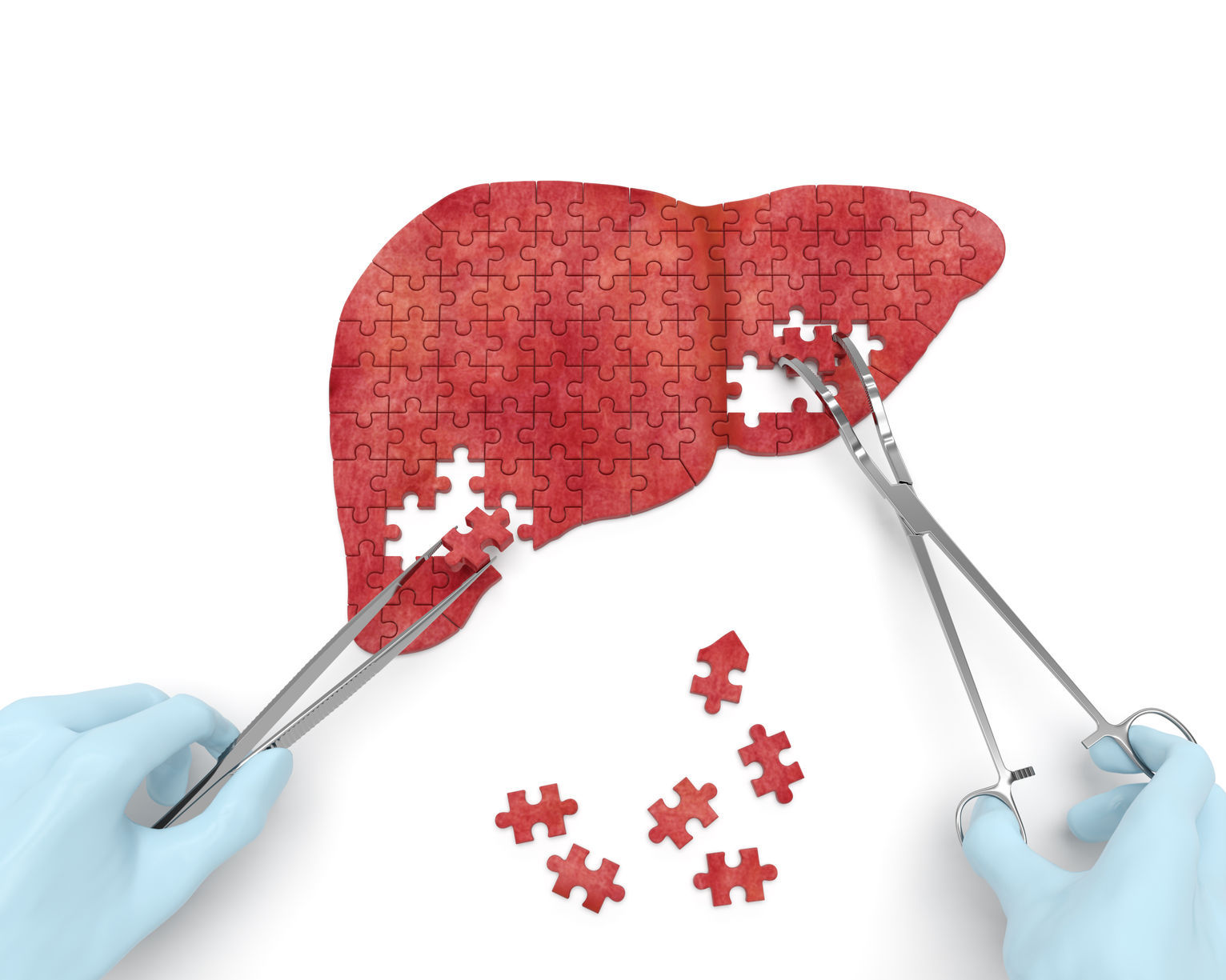Hepatitis A: causes, symptoms, treatment

Hepatitis A is a liver infection most often caused by a virus that contaminates drinking water or food. Hepatitis A may be unpleasant, but it is not usually a truly serious condition and most people recover completely within a few months. Some people, especially young children, may not have symptoms, but hepatitis A may sometimes last for several months and, in rare cases, endanger life if the body ceases to function properly (hepatic failure). Hepatitis A: Causes of Hepatitis A: Symptoms Hepatitis A: Symptoms Relief / Treatment Hepatitis A: Causes of occurrence Causes of Hepatitis A is the most prevalent in parts of the world where hygiene standards and food hygiene are generally . We can get the infection by: • consuming food prepared by someone with an infection that did not wash their hands properly or washed them in contaminated water from the sewage system; • contaminated water consumption (including ice cubes); • consumption of crustaceans . Hepatitis A is not usually a serious illness, but in rare cases it may cause the liver to stop functioning properly (hepatic failure).
In addition to the above symptoms, signs of liver failure may include: • sudden and severe vomiting • body tendency to bruise and bleed extremely quickly (eg frequent nasal bleeding or gum bleeding) • irritability • problems with . Also, friends, family, and sex partners may need to be tested beforehand to make sure the infection has not spread. Hepatitis A: symptom relief / treatment • Take care to ensure that you have enough rest, especially at the initial stages of infection, because you will probably feel very tired. Take analgesics such as paracetamol or ibuprofen if you have pain and pain - contact your doctor for advice. • Itching can be reduced by maintaining a cool, well-ventilated environment.
• Consume smaller and lighter foods to help reduce nausea and vomiting - consult a doctor for prescribing a medicine against vomiting if the problem persists. • Avoid drinking alcohol - Drinking alcohol can lead to an increase in the extra strain on the liver, so it is best to avoid alcohol consumption until the doctor can tell you that you are safe. In most people, hepatitis A will go through about two months and there will be no long-term effects. Once it passes, it will normally develop into the immune system throughout the life of the virus. For approximately 1 out of 7 people suffering from the infection, the symptoms may last up to 6 months before eventually passing over.
Life-threatening complications, such as hepatic impairment, are rare, affecting less than 1 in 250 people with hepatitis A. People most at risk include people with pre-existing liver problems and the elderly. If hepatic failure occurs, a liver transplant is usually required to treat it. .
Source : csid.ro
Views : 3321
Popular Article
- (photo) Nude becomes art.
Posted: 2018-03-17, 9816 views.
- The harmful effects of air conditioning on the skin
Posted: 2017-06-08, 8529 views.
- 3 causes of dyed hair discoloration
Posted: 2017-06-15, 8409 views.
- Why early puberty occurs in girls: symptoms, favors, diagnosis and treatment
Posted: 2017-10-24, 8253 views.
- Good or bad skin treatments in the hot season
Posted: 2017-06-07, 7983 views.
Recommendations
- (photo) Nude becomes art.
Posted: 2018-03-17, 9816 views.
- The harmful effects of air conditioning on the skin
Posted: 2017-06-08, 8529 views.
- 3 causes of dyed hair discoloration
Posted: 2017-06-15, 8409 views.
- Good or bad skin treatments in the hot season
Posted: 2017-06-07, 7983 views.
- Risks of practicing sports on hot days
Posted: 2017-06-12, 7559 views.
 4 effective ingredients in the fight against acne.
4 effective ingredients in the fight against acne. How to get rid of hiccups fast
How to get rid of hiccups fast The wheat bran diet: the secret of lost pounds as if by magic
The wheat bran diet: the secret of lost pounds as if by magic The recipe that will sweeten your soul this weekend!
The recipe that will sweeten your soul this weekend!  Is it dangerous or not to refreeze meat after thawing it?
Is it dangerous or not to refreeze meat after thawing it?  The unusual sign of diabetes indicated by saliva.
The unusual sign of diabetes indicated by saliva. What to drink to boost your immune system.
What to drink to boost your immune system. 10 foods that help you never age.
10 foods that help you never age. What actually happens in your body if you drink a cup of coffee for breakfast
What actually happens in your body if you drink a cup of coffee for breakfast 5 surprising benefits of chia seeds
5 surprising benefits of chia seeds